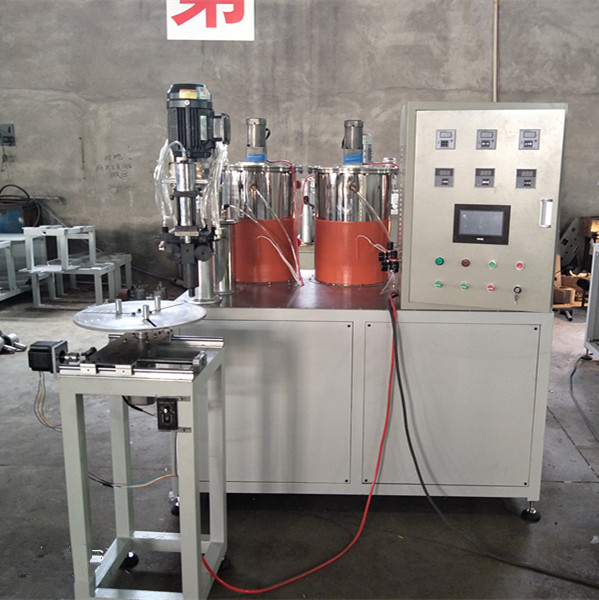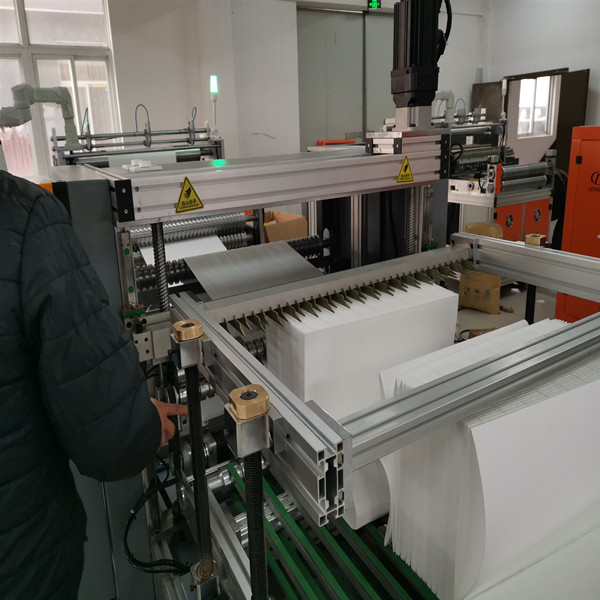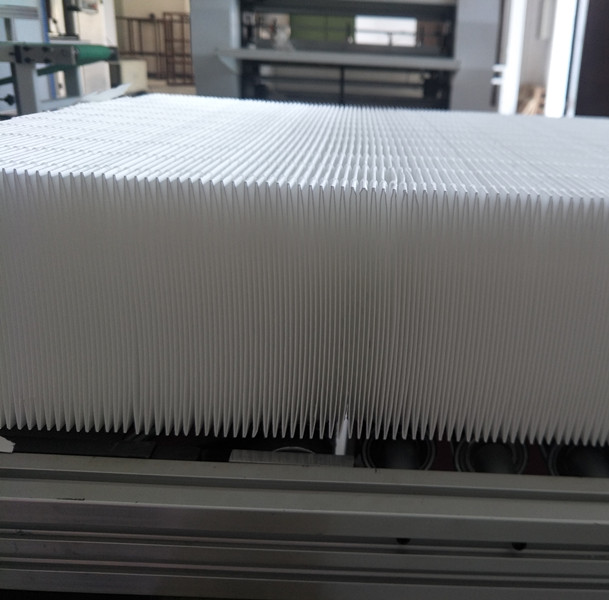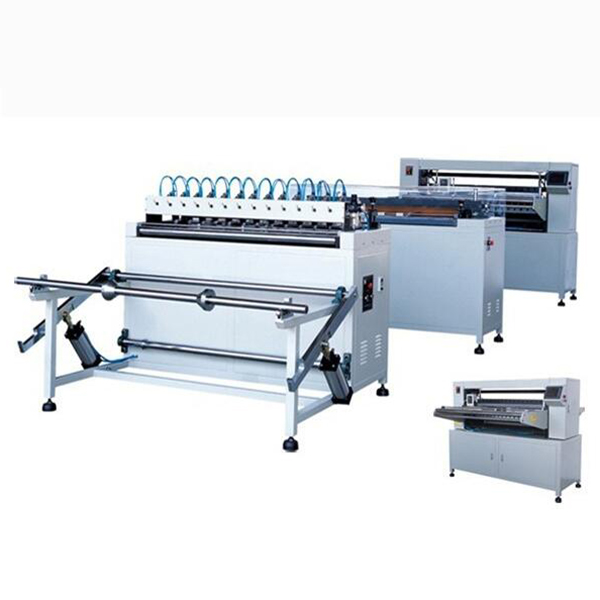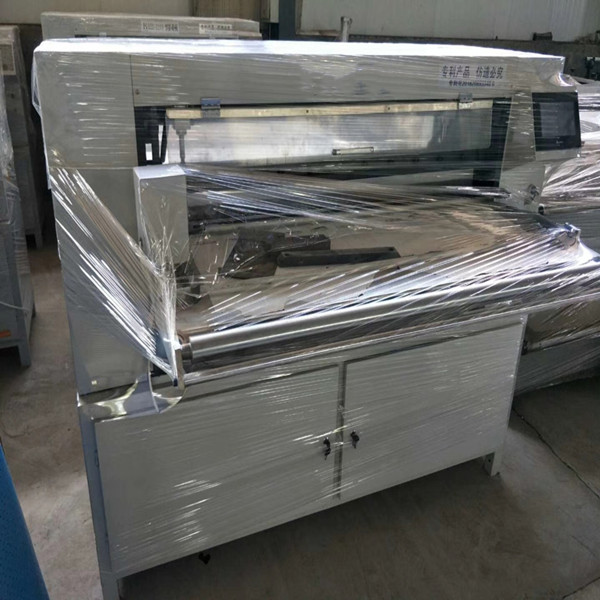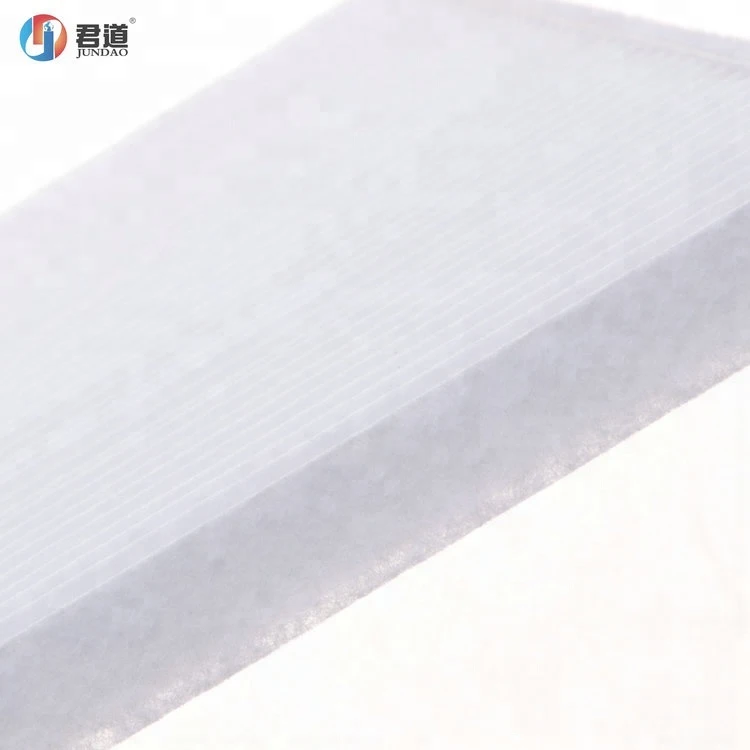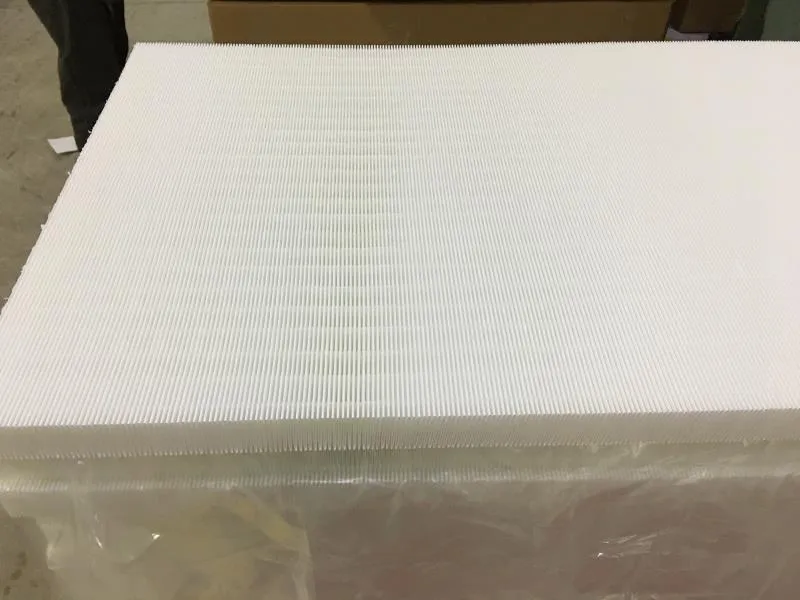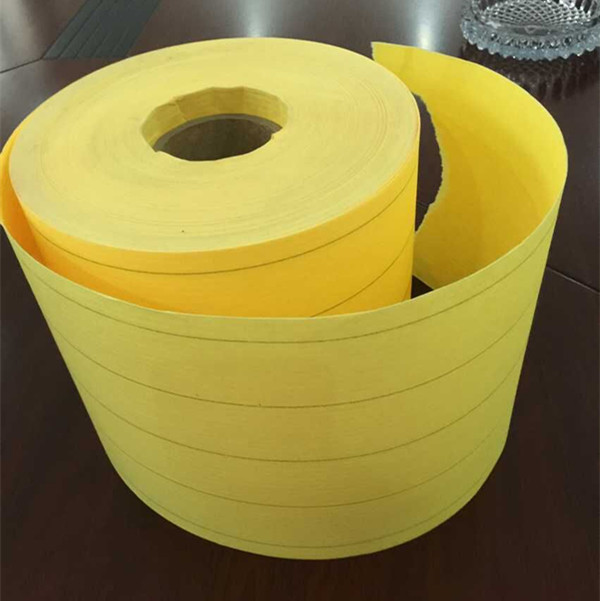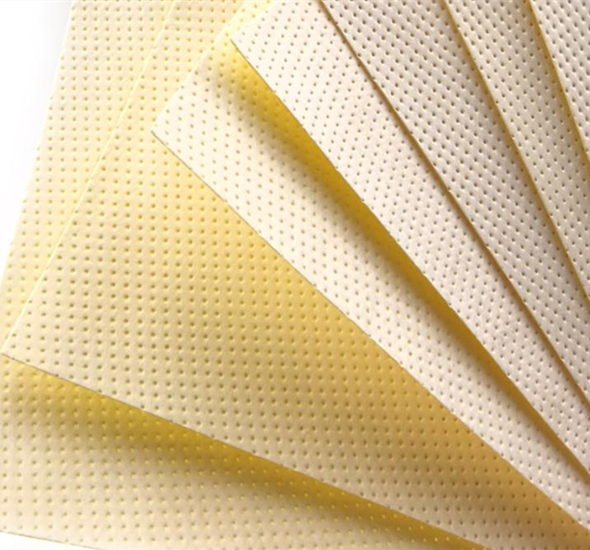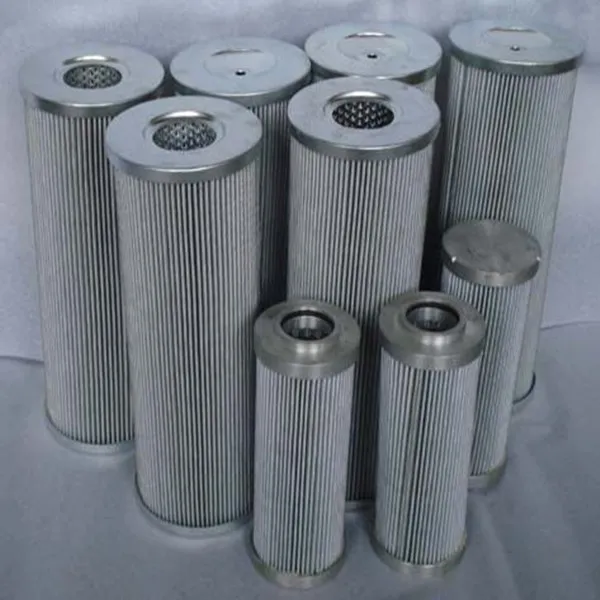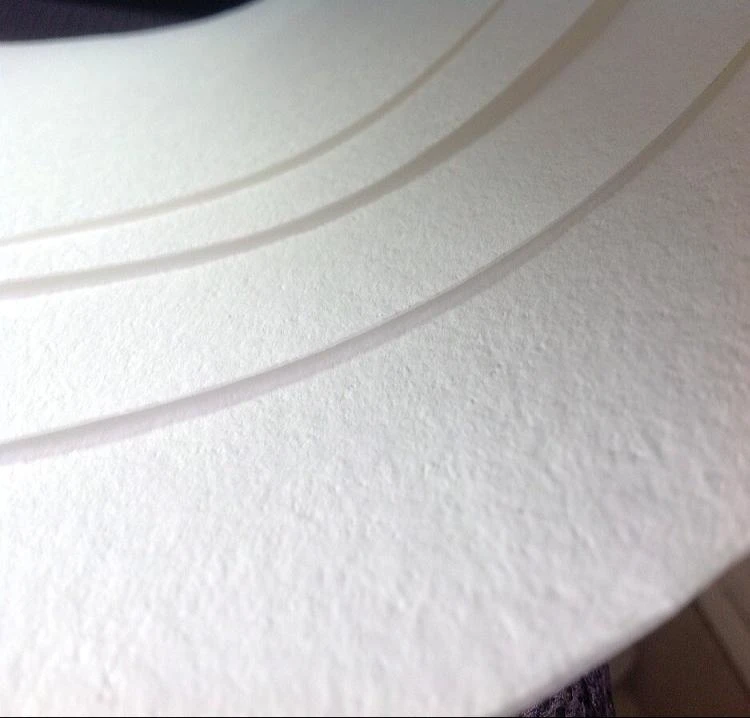Filter Making Machine
Filter Making Machine is an advanced automated system designed for high-efficiency production of various industrial and commercial filters, including air, oil, fuel, and HVAC filters. Utilizing precision servo motors and PLC control technology, the machine ensures consistent quality in pleating, cutting, sealing, and assembling filter media with micron-level accuracy.
The equipment supports diverse materials such as nonwoven fabrics, fiberglass, cellulose paper, and composite media, adapting seamlessly to different filter designs through programmable settings. Its modular construction allows quick changeovers between product types while maintaining high-speed operation with minimal downtime. Key features often include automatic glue application, laser measurement for pleat uniformity, and robotic handling for finished products.
What is a Filter Making Machine and How Does It Work?
A filter making machine is an automated or semi-automated system designed to manufacture air, liquid, or industrial filters with precision and efficiency. These machines process raw filter media—such as synthetic fibers, fiberglass, or activated carbon—into finished filters through steps like pleating, cutting, sealing, and framing. The process typically begins with unwinding a roll of filter media, which is then pleated to increase surface area for better filtration. Next, the material is cut to size, folded, and bonded using adhesives, ultrasonic welding, or thermal sealing. Finally, frames or gaskets are attached for structural support. Advanced machines incorporate sensors and programmable logic controllers (PLCs) to ensure consistent quality, high-speed production, and minimal material waste.
Types of Filter Making Machines: Pleating, Cutting, Sealing, Welding
Filter manufacturing involves specialized machines for different production stages. Pleating machines create uniform folds in filter media to maximize surface area without compromising airflow. Cutting machines use blades or lasers for precise sizing, ensuring clean edges for seamless assembly. Sealing machines apply adhesives or heat to bond filter layers, while ultrasonic welding machines fuse synthetic materials without glue, enhancing durability. Some systems combine multiple functions, such as pleating and cutting in a single unit, streamlining production. High-end machines also support HEPA and ULPA filter fabrication, where micron-level precision is critical for medical and cleanroom applications.
Customization Options in Filter Making Machines
Modern filter making machines offer extensive customization to meet diverse industry needs. Adjustable sizing allows production of filters ranging from small cabin air filters to large industrial HVAC panels. Variable speed controls optimize output for low-volume specialty filters or high-speed mass production. Material compatibility is another key feature, with machines configured to handle different media types, including synthetics, fiberglass, and composite blends. Additional options include automated quality inspection systems, programmable folding patterns, and integration with robotic arms for packaging. Customized machines cater to niche applications, such as antimicrobial-coated filters for medical use or fire-resistant media for industrial exhaust systems.

